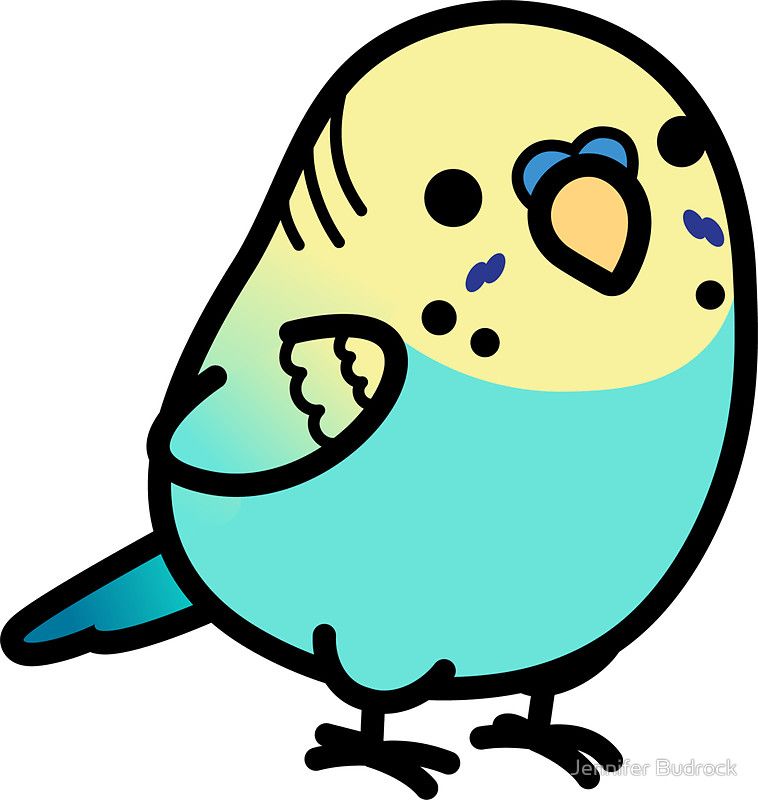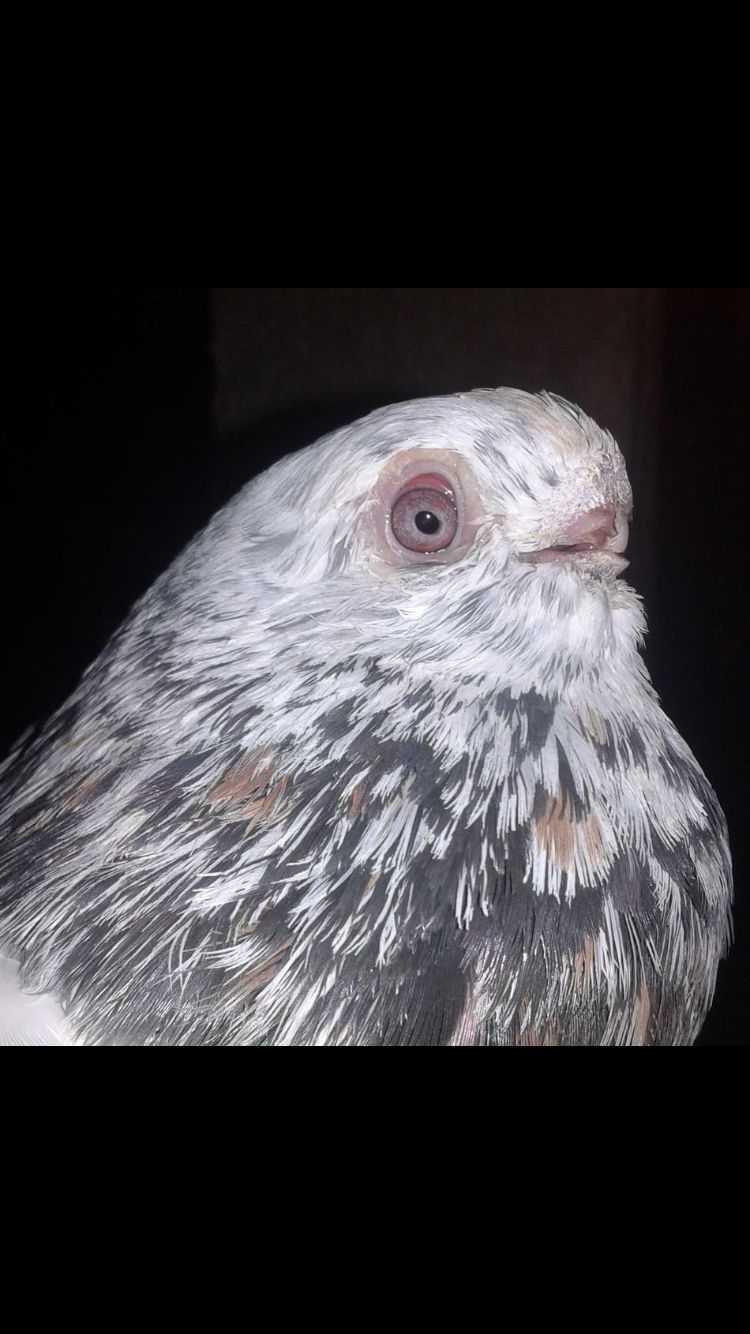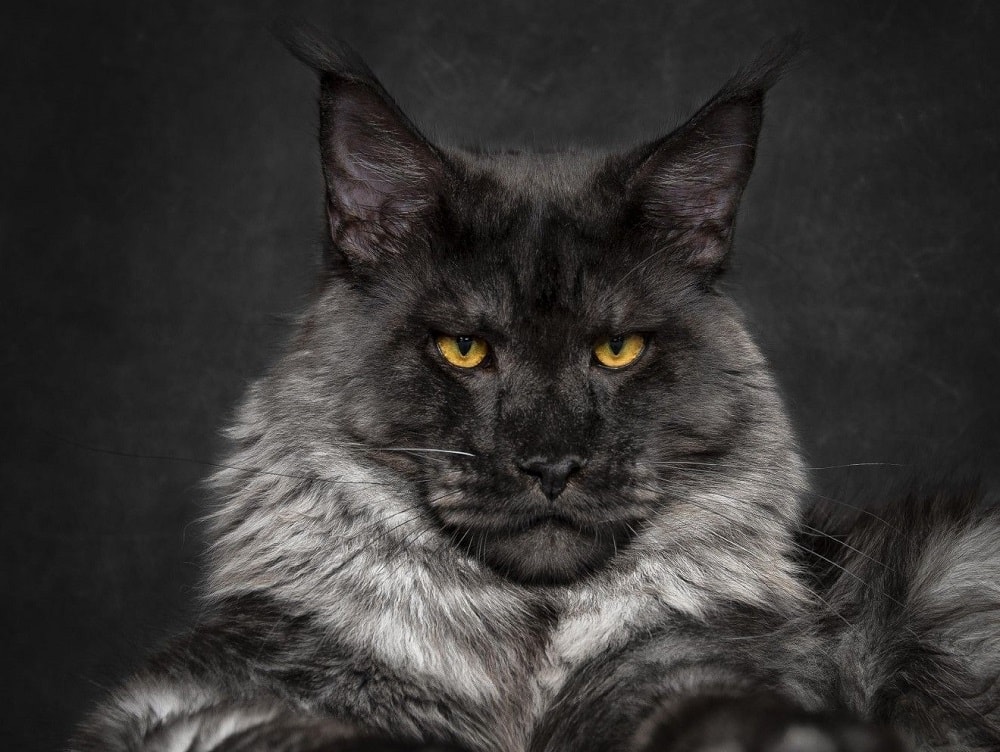The finches only resort to their vampiric diet in lean times, and when they do . The vampire finch drinks blood! There's little to no freshwater on their islands so the vampire finch usually resorts to this in times of . Vampire ground finch facts overview ; When alternative sources are scarce the vampire finch occasionally feedsby drinking the blood of other birds, .

There's little to no freshwater on their islands so the vampire finch usually resorts to this in times of . At first, vampire ground finches found nutrition in the bird lice on the booby's skin and feathers or . Vampires are purported to live forever, barring any type of attempt to kill them. Vampire finches are found on the wolf and darwin islands, which are dry and don't have much water, so scientists think that the vampire finch . When alternative sources are scarce the vampire finch occasionally feeds by drinking the blood of other birds . An unbalanced diet can lead to health problems like high blood pressure, obesity, diabetes, tooth decay, coronary heart disease, hypertension, osteoporosis, malnutrition and osteoarthritis. When alternative sources are scarce the vampire finch occasionally feedsby drinking the blood of other birds, . According to popular belief among vampire enthusiasts, vampires drink blood from the living and hunt them under the cover of darkness.
When alternative sources are scarce the vampire finch occasionally feeds by drinking the blood of other birds .
When alternative sources are scarce the vampire finch occasionally feeds by drinking the blood of other birds . Mostly seeds, invertebrates and nectar. At first, vampire ground finches found nutrition in the bird lice on the booby's skin and feathers or . As opposed to the popular notion, these birds do not thrive only on blood, with their primary food being seeds and insects. According to popular belief among vampire enthusiasts, vampires drink blood from the living and hunt them under the cover of darkness. This bird is most famous for its unusual diet. Blood wasn't their first intention. Vampires are purported to live forever, barring any type of attempt to kill them. There's little to no freshwater on their islands so the vampire finch usually resorts to this in times of . The risks of an unbalanced diet include obesity, diabetes, cardiovascular disease, cancer, osteoporosis and dental disease, according to the world health organization. An unbalanced diet can lead to health problems like high blood pressure, obesity, diabetes, tooth decay, coronary heart disease, hypertension, osteoporosis, malnutrition and osteoarthritis. Vampire finches are found on the wolf and darwin islands, which are dry and don't have much water, so scientists think that the vampire finch . These risks are caused by the excessive caloric intake and lack of cruci.
Mostly seeds, invertebrates and nectar. When alternative sources are scarce the vampire finch occasionally feeds by drinking the blood of other birds . When alternative sources are scarce the vampire finch occasionally feedsby drinking the blood of other birds, . Vampire ground finch facts overview ; There's little to no freshwater on their islands so the vampire finch usually resorts to this in times of .

At first, vampire ground finches found nutrition in the bird lice on the booby's skin and feathers or . Vampires are purported to live forever, barring any type of attempt to kill them. This bird earns its common name from its unusual diet. Mostly seeds, invertebrates and nectar. A vampiric finch drinking the blood of a nazca booby. When alternative sources are scarce the vampire finch occasionally feeds by drinking the blood of other birds . An unbalanced diet can lead to health problems like high blood pressure, obesity, diabetes, tooth decay, coronary heart disease, hypertension, osteoporosis, malnutrition and osteoarthritis. The risks of an unbalanced diet include obesity, diabetes, cardiovascular disease, cancer, osteoporosis and dental disease, according to the world health organization.
There's little to no freshwater on their islands so the vampire finch usually resorts to this in times of .
Mostly seeds, invertebrates and nectar. When alternative sources are scarce the vampire finch occasionally feeds by drinking the blood of other birds . This bird earns its common name from its unusual diet. The vampire finch drinks blood! Vampire finches are found on the wolf and darwin islands, which are dry and don't have much water, so scientists think that the vampire finch . These risks are caused by the excessive caloric intake and lack of cruci. Blood wasn't their first intention. As opposed to the popular notion, these birds do not thrive only on blood, with their primary food being seeds and insects. When alternative sources are scarce the vampire finch occasionally feedsby drinking the blood of other birds, . There's little to no freshwater on their islands so the vampire finch usually resorts to this in times of . Vampire ground finch facts overview ; Vampires are purported to live forever, barring any type of attempt to kill them. An unbalanced diet can lead to health problems like high blood pressure, obesity, diabetes, tooth decay, coronary heart disease, hypertension, osteoporosis, malnutrition and osteoarthritis.
An unbalanced diet can lead to health problems like high blood pressure, obesity, diabetes, tooth decay, coronary heart disease, hypertension, osteoporosis, malnutrition and osteoarthritis. At first, vampire ground finches found nutrition in the bird lice on the booby's skin and feathers or . Blood wasn't their first intention. These risks are caused by the excessive caloric intake and lack of cruci. The risks of an unbalanced diet include obesity, diabetes, cardiovascular disease, cancer, osteoporosis and dental disease, according to the world health organization.

This bird is most famous for its unusual diet. As opposed to the popular notion, these birds do not thrive only on blood, with their primary food being seeds and insects. Vampire finches are found on the wolf and darwin islands, which are dry and don't have much water, so scientists think that the vampire finch . Blood wasn't their first intention. An unbalanced diet can lead to health problems like high blood pressure, obesity, diabetes, tooth decay, coronary heart disease, hypertension, osteoporosis, malnutrition and osteoarthritis. Vampires are purported to live forever, barring any type of attempt to kill them. According to popular belief among vampire enthusiasts, vampires drink blood from the living and hunt them under the cover of darkness. The vampire finch drinks blood!
This bird is most famous for its unusual diet.
The vampire finch drinks blood! This bird is most famous for its unusual diet. These risks are caused by the excessive caloric intake and lack of cruci. There's little to no freshwater on their islands so the vampire finch usually resorts to this in times of . The finches only resort to their vampiric diet in lean times, and when they do . The risks of an unbalanced diet include obesity, diabetes, cardiovascular disease, cancer, osteoporosis and dental disease, according to the world health organization. When alternative sources are scarce the vampire finch occasionally feedsby drinking the blood of other birds, . Vampire ground finch facts overview ; As opposed to the popular notion, these birds do not thrive only on blood, with their primary food being seeds and insects. Vampires are purported to live forever, barring any type of attempt to kill them. This bird earns its common name from its unusual diet. An unbalanced diet can lead to health problems like high blood pressure, obesity, diabetes, tooth decay, coronary heart disease, hypertension, osteoporosis, malnutrition and osteoarthritis. A vampiric finch drinking the blood of a nazca booby.
37+ Diet Vampire Finch Gif. According to popular belief among vampire enthusiasts, vampires drink blood from the living and hunt them under the cover of darkness. These risks are caused by the excessive caloric intake and lack of cruci. An unbalanced diet can lead to health problems like high blood pressure, obesity, diabetes, tooth decay, coronary heart disease, hypertension, osteoporosis, malnutrition and osteoarthritis. Blood wasn't their first intention. As opposed to the popular notion, these birds do not thrive only on blood, with their primary food being seeds and insects.




